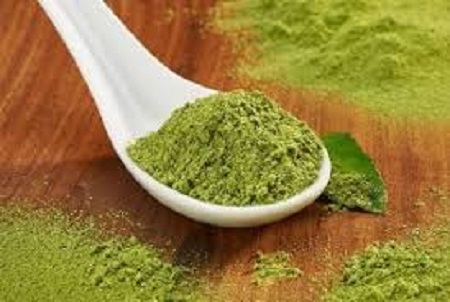
Opioid addiction has become increasingly common in the last decade or so, leading many people to wonder whether or not they, or a love one, are an addict, and where to find help for opioid addiction.
Opioid addiction defined
Opioid addiction can be defined as a craving and compulsion to take an opioid drug regardless of all other considerations, including money, family, job and so on. A person gradually loses interest in their usual activities, such as work and school because taking the drug, and finding ways to get it (legal and illegal) start to occupy all of their waking hours. Opioid medications come from the opium poppy (just like heroin and morphine) and are therefore highly addictive. Opioids are used to relieve moderate to severe pain, and to suppress cough, by working on various centers of the brain. Due to the chemical changes in the brain, a person can become addicted to opioids in as few as 3 days.
Defining the problem
In many cases, the addict does not even know they have a problem until they are confronted with an intervention by family and friends, calling them out on the addictive behavior patterns they have observe. The addict may try to run, but they can’t hide. Sooner or later, their addiction will catch up with them in the form of consequences to their health, safety, career, relationships, finances, or even legal status. Some addicts will commit various crimes in order to get the opioids, or the money to pay for them.
Getting help
The degree of help required will depend on how much trouble the addict is in by the time they seek help for their problem. Their rehab may be a personal decision, court mandated, or insisted upon by their loved ones. There are in-patient and out-patient rehabilitation programs. The choice will usually be based on personal circumstances, insurance coverage/financial considerations, legal considerations, and the person’s family situation. These options can be discussed with a doctor, social worker or court-appointed officer. There is also a 24 hour helpline for Narcotics Anonymous, 800-654-0987, email, and online chat. The Substance Abuse & Mental Health Services Administration (SAMHSA) can also help. For free, treatment, private non-profit agencies are the best option, because they receive government funding from various sources. SAMHSA also offers a treatment center locator: http://findtreatment.samhsa.gov/
Detoxification and withdrawal
Whenever help is sought, the first part of the process will be detoxification that is, stopping the drug. This will produce physical withdrawal symptoms. A rehab program can offer a range of support to help with thing, including drug support therapy and counselling. Counselling will usually be ongoing throughout the recovery process, which can take 3 months to a year. Part of the counselling might be to get to the bottom of any underlying cause for the addiction. It will also involve learning how to resist cravings and not go back to the drug no matter how bad the withdrawal symptoms might be.There will usually be professional support, and peer-led support groups available to help the recovering addict adjust to life without opioids.


